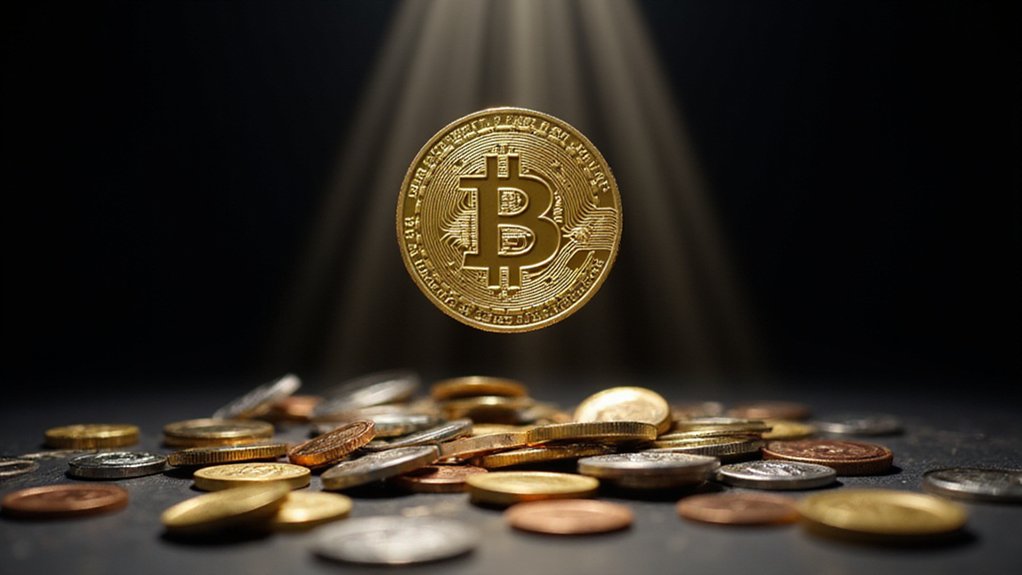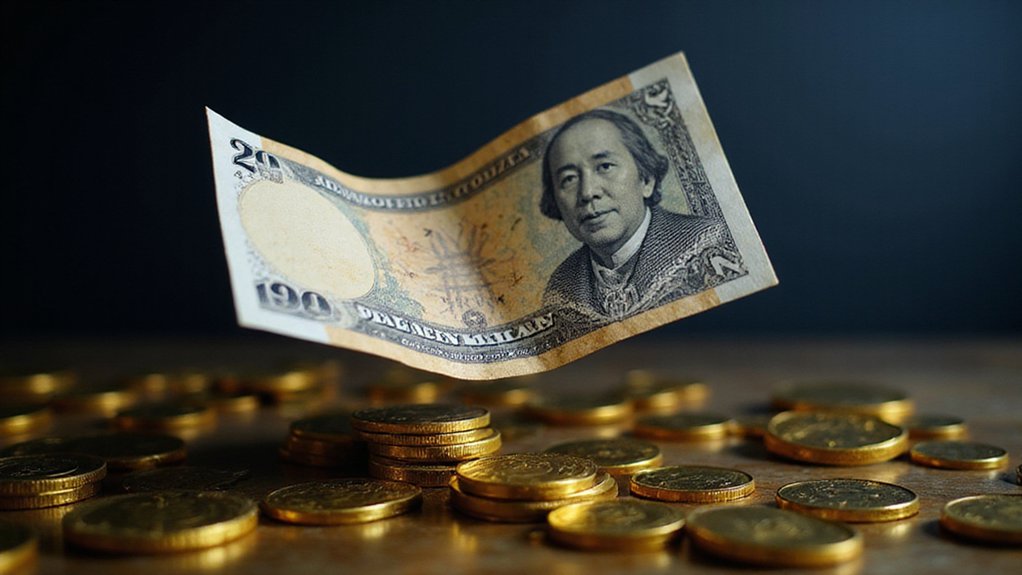Nearly one in three South Koreans between the ages of 20 and 50 now holds cryptocurrency—a statistic that would have seemed fantastical just a decade ago, when Bitcoin was still the province of cryptographic enthusiasts and libertarian dreamers. The Republic of Korea has emerged as Asia’s most voracious crypto market, with trading volumes expected to reach $663 billion in 2025, transforming what began as speculative fever among twenty-somethings into something approaching mainstream financial orthodoxy.
The demographic evolution proves particularly striking: while crypto’s initial Korean wave captured the imagination of millennials seeking alternatives to traditional chaebols and stagnant wage growth, today’s participants increasingly include pragmatic forty-somethings (31% ownership rate) who view digital assets as portfolio diversification rather than revolutionary manifesto.
These investors allocate approximately 14% of their financial holdings to cryptocurrency—a proportion that would make traditional wealth managers reach for their blood pressure medication.
A portfolio allocation that would send conservative financial advisors into cardiac arrest.
What distinguishes Korea’s crypto adoption from Western speculation is its integration into long-term financial planning. More than 25% of working-age adults incorporate digital assets into retirement strategies, with 78% of holders in their forties explicitly using crypto to accumulate wealth for later life.
This represents a fascinating inversion of conventional wisdom: rather than treating cryptocurrency as gambling money, Korean investors increasingly position it as responsible financial planning (a development that surely has pension fund managers questioning their career choices).
The market’s institutional maturation accompanies this demographic broadening. Major exchanges like Upbit and Bithumb process daily trades exceeding $12 billion, while the Korean won has achieved the dubious honor of becoming the world’s second-most-used fiat currency for crypto transactions after the dollar. Advanced blockchain platforms like Kaanch Network are demonstrating how Layer 1 blockchains can process up to 1.4 million transactions per second with near-zero gas fees, potentially addressing scalability concerns that have long plagued the industry. Korea’s dramatic shift in investment preferences has seen crypto accounts now surpass stock investors, marking a fundamental transformation in the nation’s financial landscape.
Over 500,000 new accounts opened in late 2024 alone, pushing total users toward 20 million—roughly 40% of the population. The government has responded with new regulations, including a 20% tax on cryptocurrency gains exceeding 2.5 million won starting in 2022.
Perhaps most tellingly, 70% of current holders plan to expand their crypto positions, suggesting this isn’t merely speculative enthusiasm but calculated conviction.
Whether this confidence proves prescient or represents history’s most expensive collective delusion remains to be seen, though Korea’s retail investors seem remarkably unbothered by such existential uncertainties.







